
Session 1
What the $%@ is the United Church of Christ?
Hillside Community Church and Sanctuary UCC both belong to a protestant denomination called the United Church of Christ or "the UCC" for short.
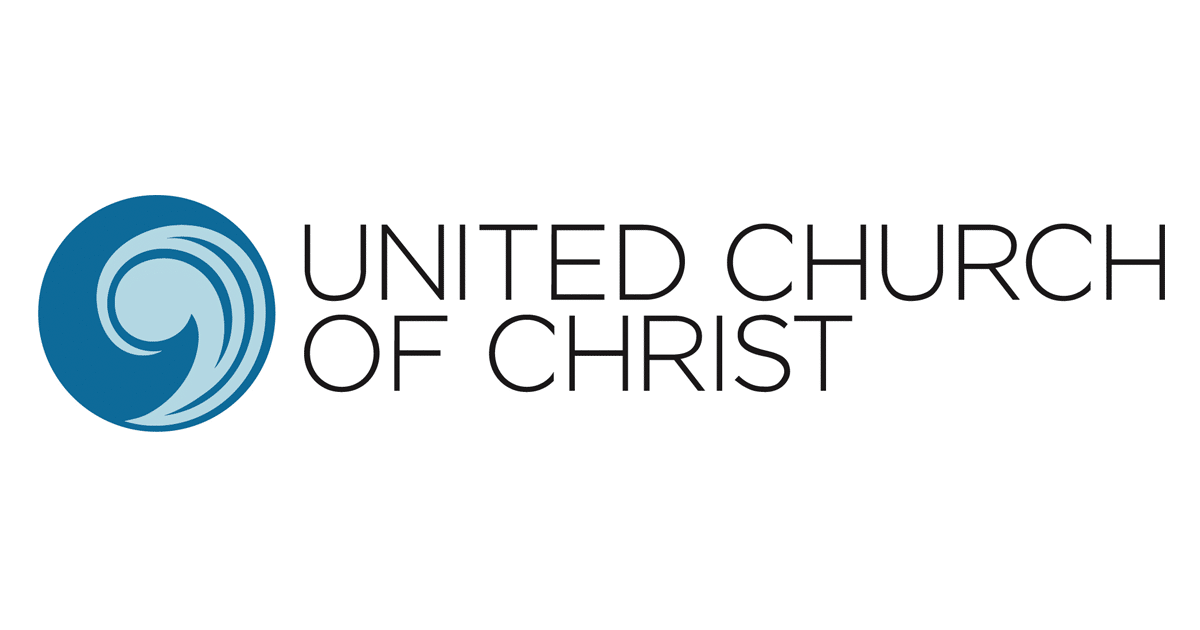
The UCC has...

773,500 members
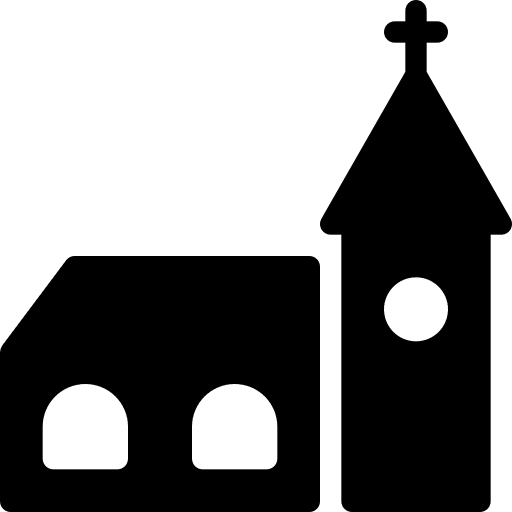
4,794 churches in the U.S.
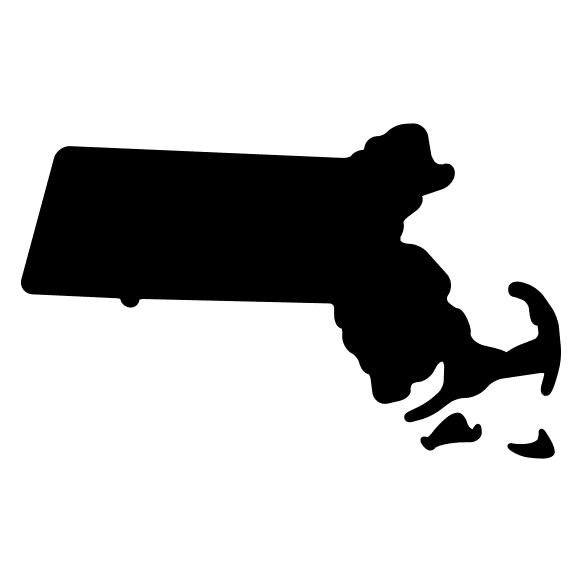
360 churches in Massachusetts (making it the largest Protestant denomination in the Commonwealth)

and 10,000 ministers
Like all denominations, the UCC is currently in decline.
What sets the UCC apart as a denomination and offers some hope for its future, however, is its bottom-up power structure.

The heart of the UCC is the local church.
Every UCC church is completely autonomous and its congregation is free to discern how best to interpret and practice the Christian faith.
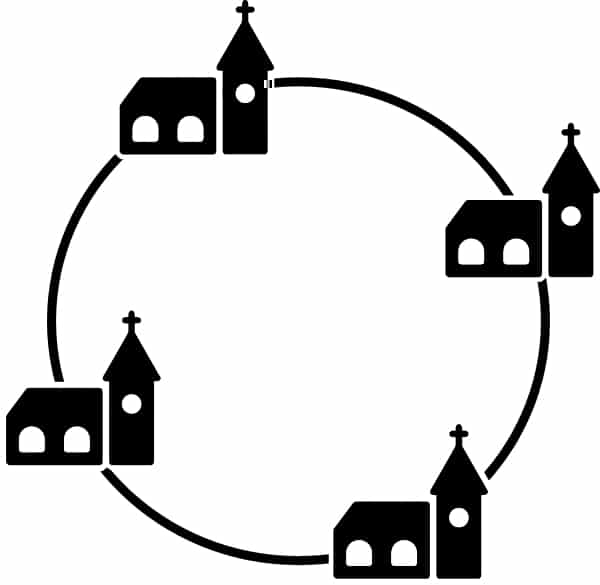
Autonomous though they are, UCC churches are organized into local "associations" to do important work like ordain new ministers and discipline naughty ones.
Hillside and Sanctuary belong to the Metropolitan Boston Association.
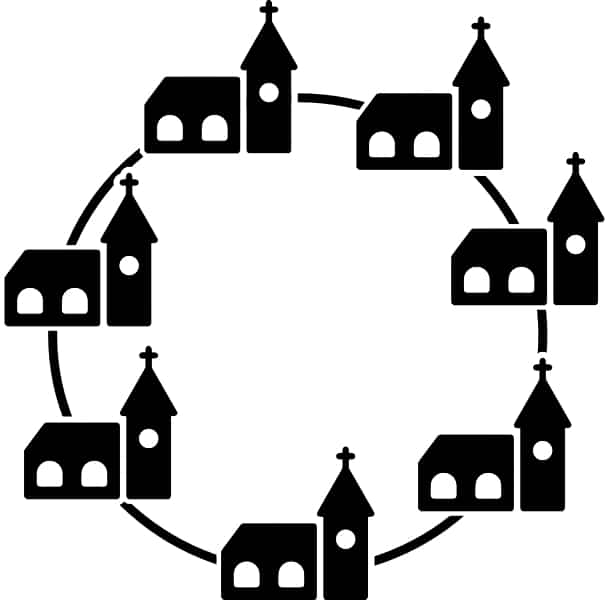
UCC churches are further organized into larger regional "conferences," which provide resources for associations and churches. They also coordinate mission and social justice efforts.
Hillside and Sanctuary belong to the Southern New England Conference, which covers all of Massachusetts, Connecticut, and Rhode Island.
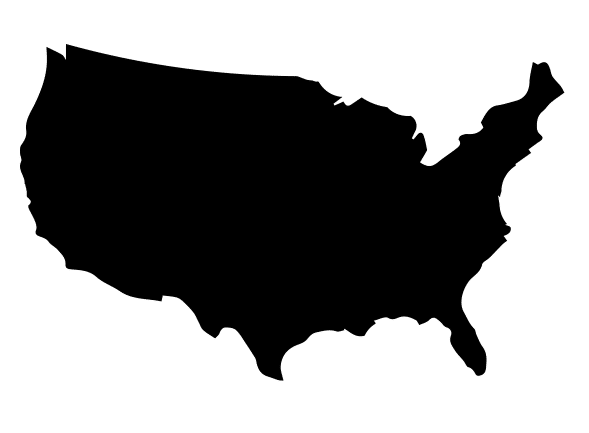
Finally, the "national setting" of the UCC provides leadership, resources, and governance on a national level, while connecting congregations to broader social justice and faith efforts.

None of these bodies has authority over the others. Rather, we talk about them as being "in covenant" with one another.
To be "in covenant" with one another means that these bodies are in mutual, transparent, and accountable relationships, where they honor each other’s integrity and seek to walk together to carry out God’s mission of love and justice.
What has your experience of the UCC been like?
What levels of the denomination have you had a chance to interact with?
Over the years, this bottom-up structure has enabled the UCC to adopt progressive stances on numerous issues while other denominations lag behind by decades.

We were the first denomination to officially oppose slavery.
We were the first Protestant denomination to ordain an African American.
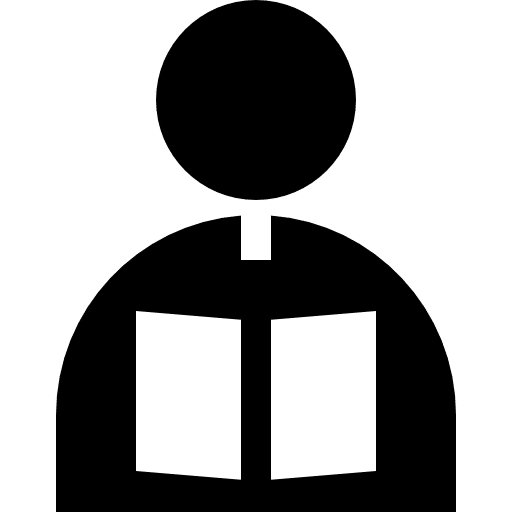

We were the first Protestant denomination to ordain a woman.
We were the first organization to document the disproportionate exposure of communities of color to hazardous waste sites.
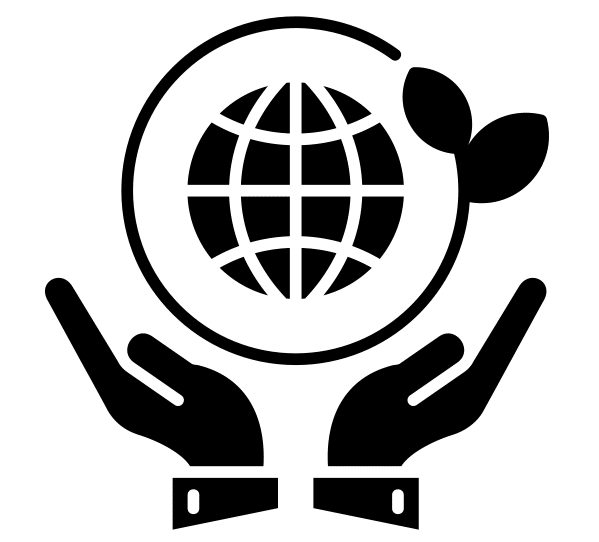
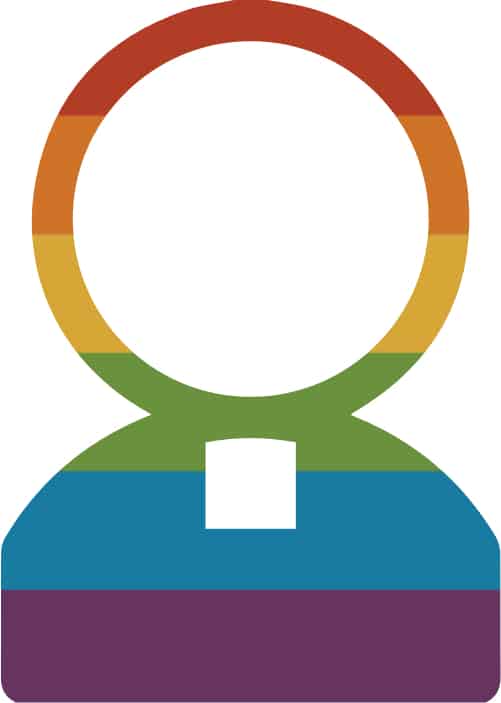
We were the first Protestant denomination to ordain an openly gay minister and an openly transgender minister.
We were the first Christian denomination to support same-sex marriage.
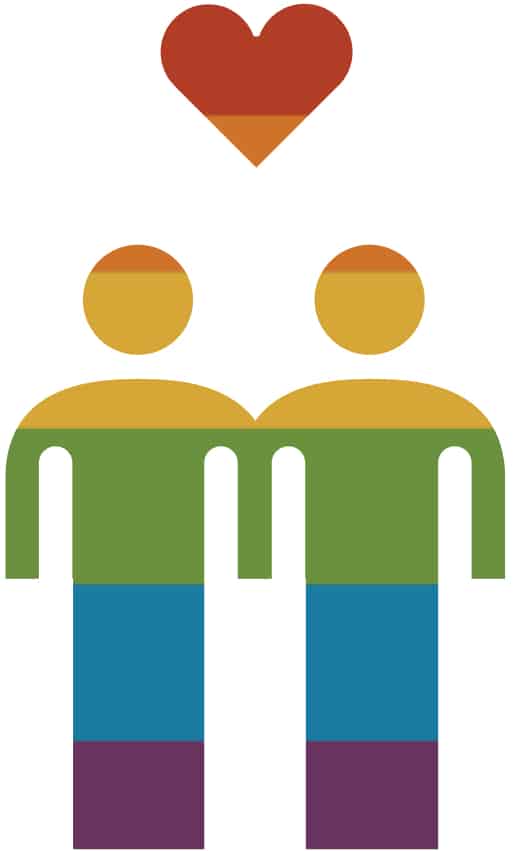
The UCC is still involved in a lot of important work today.
Is there anything about this history that surprises you?
Are there any ministry areas you might want to learn more about?
Are there any current issues you wish we took a bolder, more prophetic stand on?
Some notable figures in the UCC include...
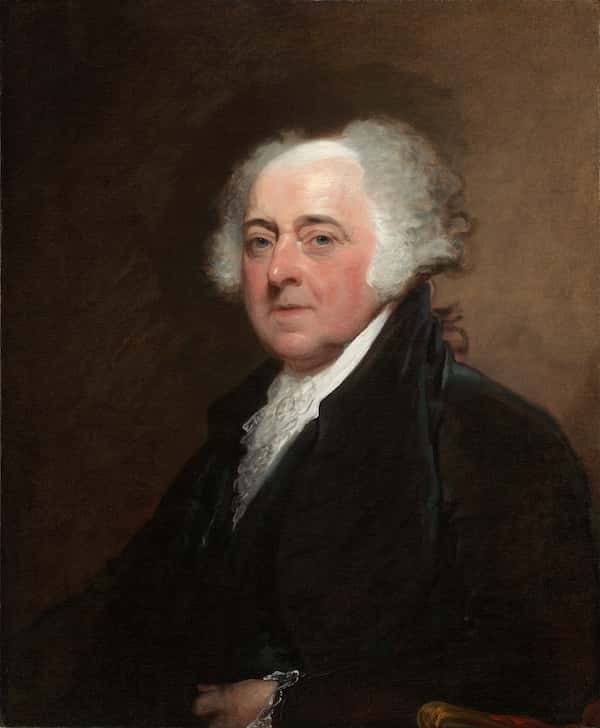
John Adams
The second President of the United States (1797-1801), John Adams was raised in the Congregationalist tradition in Massachusetts. His Puritan upbringing deeply influenced his views on morality, governance, and individual rights.
Harriet Beecher Stowe
Author of Uncle Tom’s Cabin, Harriet Beecher Stowe was raised in a prominent Congregationalist family, including her father Lyman Beecher, a famous preacher, and her brother, Henry Ward Beecher, an influential minister. Stowe’s Congregationalist upbringing inspired her fierce opposition to slavery, which is reflected in her writing. Her novel, which galvanized the abolitionist movement, can be seen as an outgrowth of the Congregationalist emphasis on social justice and moral reform.
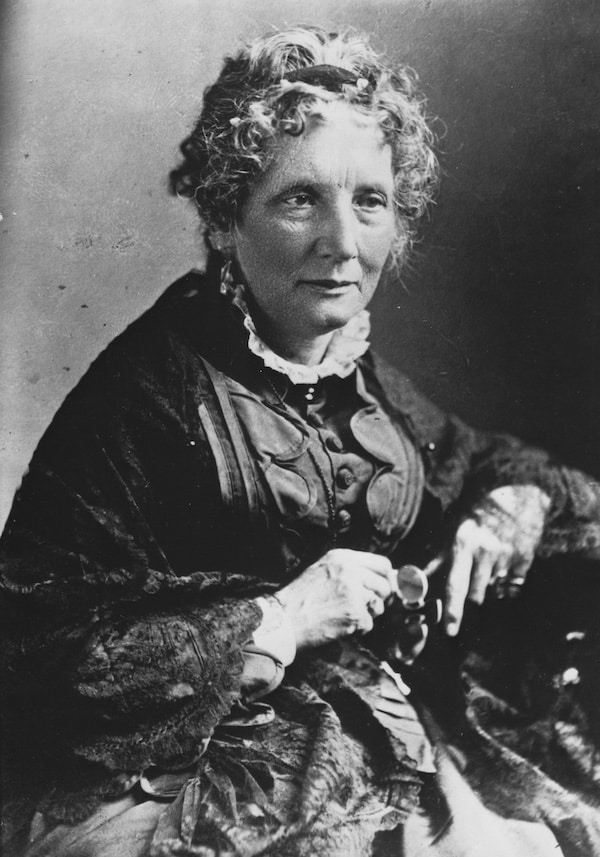
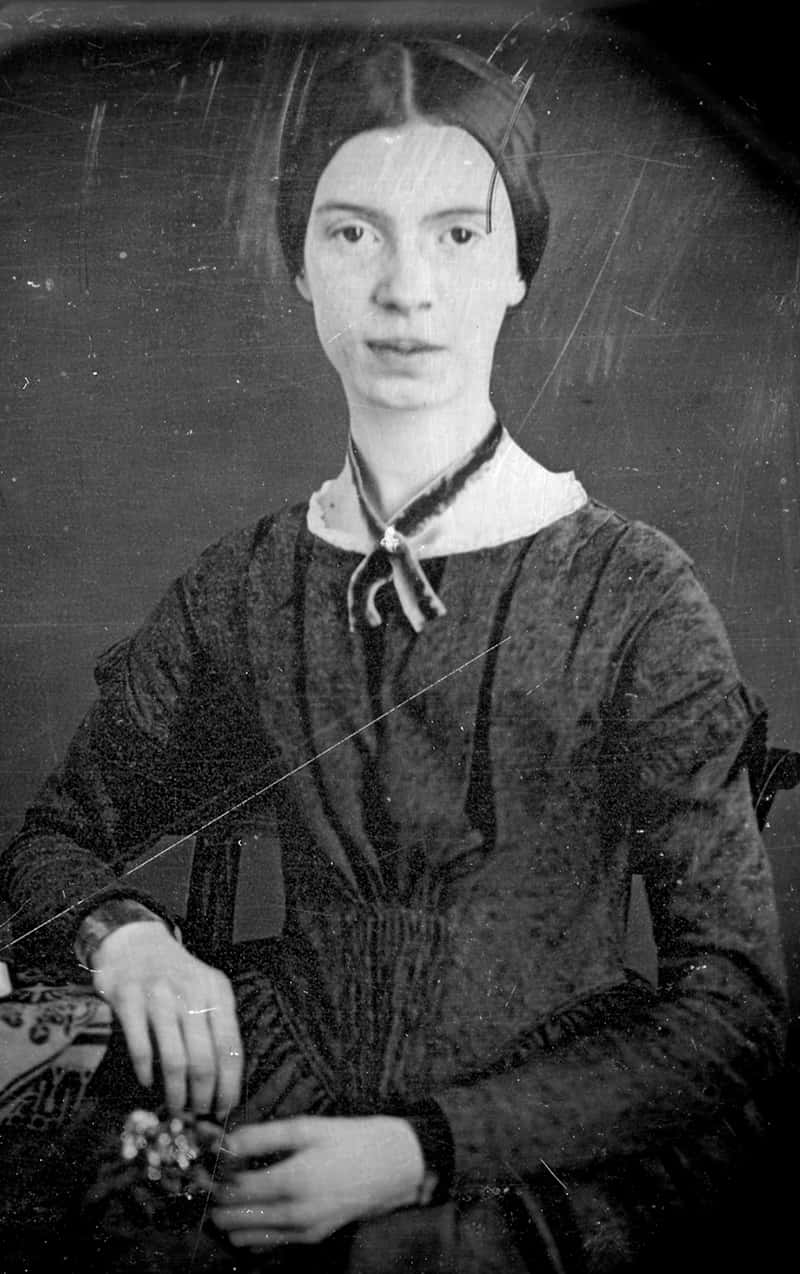
Emily Dickinson
One of America's greatest poets, Emily Dickinson was born into a Congregationalist family in Amherst, Massachusetts. Although she became more private and unorthodox in her spiritual beliefs over time, Dickinson’s work is infused with the religious questions and tensions of her upbringing. Themes of faith, immortality, and existential struggle in her poetry are often seen as a reflection of the Congregationalist tradition, with its focus on personal spiritual experience.
Reinhold Niebuhr
Reinhold Niebuhr, a leading American theologian, is best known for his Christian realism, which critiques idealism and emphasizes human limitations in politics and ethics. His "Serenity" Prayer and works like "Moral Man and Immoral Society" have had lasting impacts on theology and public thought.

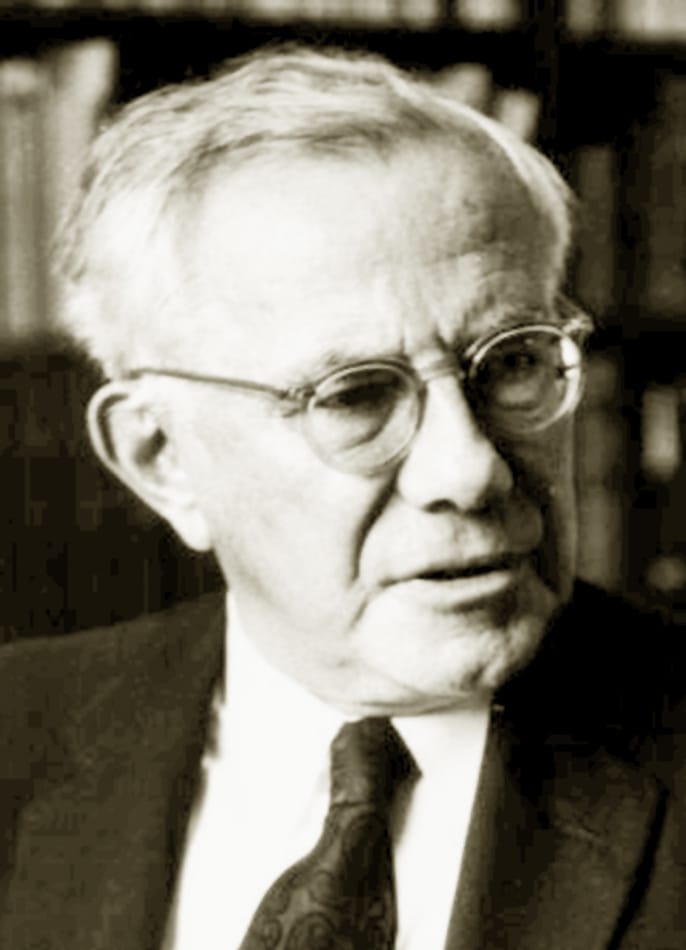
Paul Tillich
Paul Tillich was a prominent theologian who blended existentialism with Christian theology, emphasizing the search for meaning and the tension between faith and doubt. His key works, The Courage to Be and Dynamics of Faith, remain influential in modern theology, particularly in discussions about the relationship between religion and philosophy.
Walter Brueggemann
Walter Brueggemann is a renowned Old Testament scholar known for his work on the prophetic imagination, emphasizing how scripture challenges power and inspires social justice. His writings, such as The Prophetic Imagination, have shaped contemporary biblical interpretation by encouraging readers to engage scripture as a source for addressing modern social and political issues.

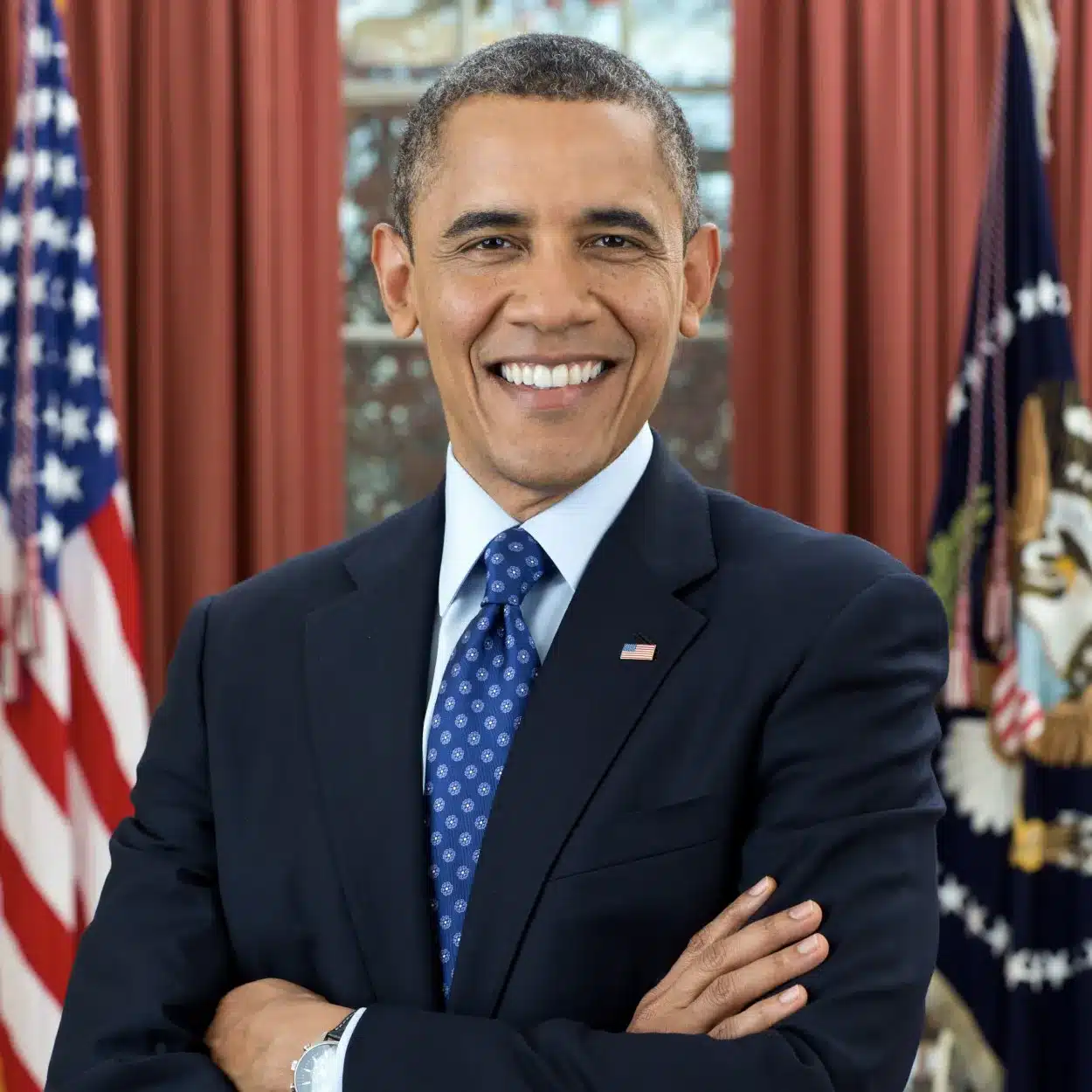
Barack Obama
As the 44th U.S. President, Obama was a member of Trinity United Church of Christ in Chicago, a UCC congregation. His faith, shaped by the church’s emphasis on Black liberation theology and social justice, influenced his commitment to addressing racial and economic inequities. This connection to the UCC’s progressive values of justice, inclusivity, and community engagement significantly shaped his political career and public service.
